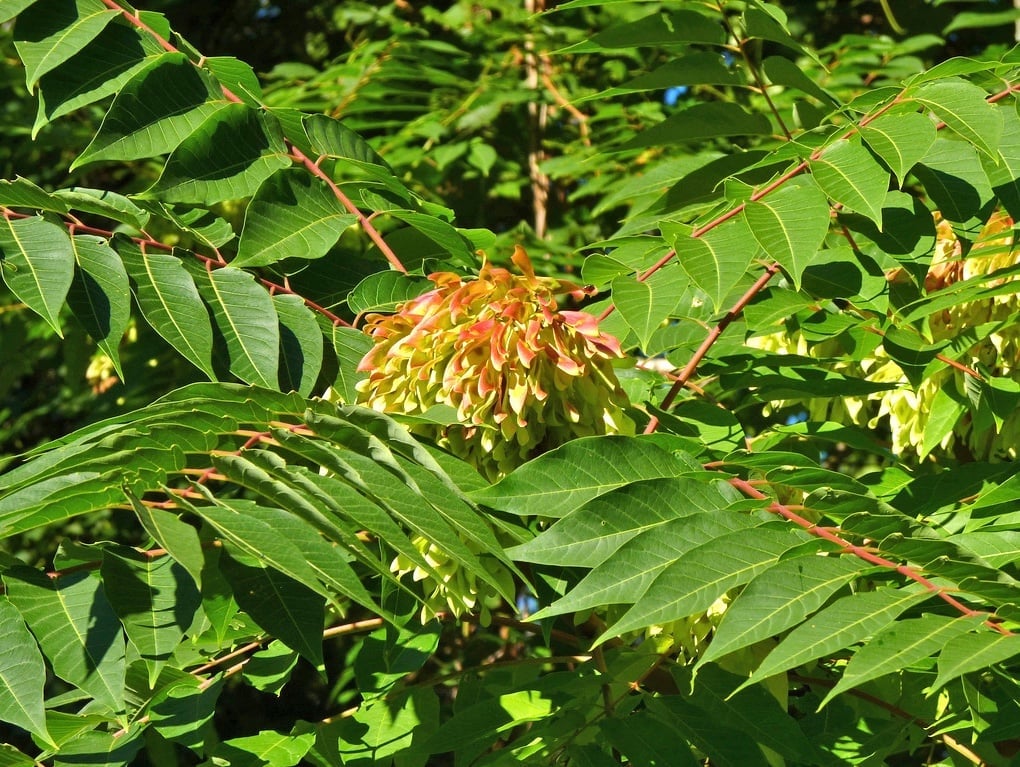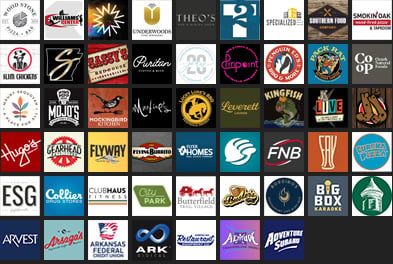
Bounty hunters, mount up. The city is once again seeking residents to trade in invasive plants growing in their yards for native trees and shrubs.
The city’s Urban Forestry department has posted a “bounty” on several invasive species once again this year, asking residents to remove Bradford pear trees, bush honeysuckle (Lonicera maackii), Chinese privet (Ligustrum sinense), tree of heaven (Ailanthus altissima), golden bamboo (Pyllostachys aurea), and English ivy (Hedera helix) from their property.
English ivy was added to the list for the first time this year.
“While the English ivy is a common house plant and may seem harmless, it is extremely destructive when grown outdoors and can suffocate mature trees and make them fall,” said John Scott, urban forester for Parks, Natural Resources and Cultural Affairs in a press release issued this week. “The plant will climb a tree to reach sunlight and start to seed, which is then dispersed by birds, creating more problems. Once established, it can take several years to remove from any landscape.”
Residents are asked to take a photo of their cut-down invasive shrubs in early spring, and email the photo of the removed plant along with your name, address, and phone number to urbanforestry(at)fayetteville-ar(dot)gov. The city will give away one native tree or shrub to each person that removes the species listed above from their property (within city limits) while supplies last.
City officials noted that they aren’t able to remove the tree or shrubs for residents, but residents should remove them themselves or hire someone to do it to qualify.
Native tree and shrub species can then be picked up from 3-5 p.m. weekdays between April 10 -April 15 at Parks, Natural Resources, and Cultural Affairs office, located at 1455 S. Happy Hollow Road. After hours arrangements can also be made if necessary, officials said.
Specific native tree and shrub species to be given away will be announced at a later date.
For more information about invasive species, a video showing proper honeysuckle identification and removal, and other info, visit the Invasive Plans and Native Alternatives page on the city’s website.
For questions, call John Scott, the city’s urban forester, at 479-444-3470.

